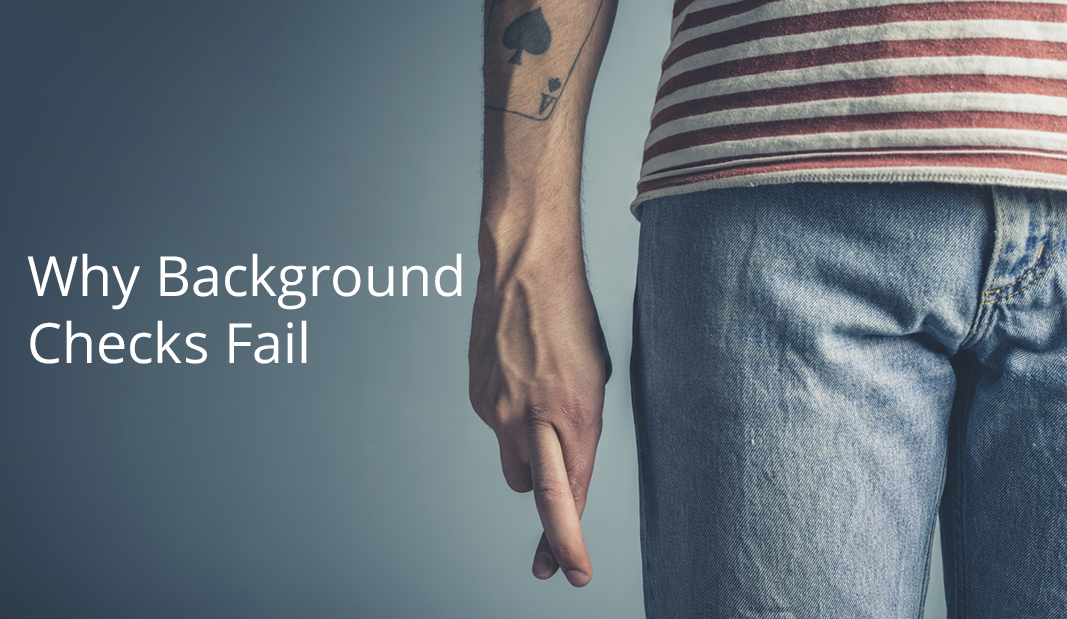
Just last week the Department of Justice settled with a background check company over allegations that it cut corners on background checks. The background checks in question were NSA security leak contractor Edward Snowden and the Navy Yard shooter from the 2013 incident where 12 people died. Running a background check on new employees, especially government employees of certain power, is required. However not all background checks are created equal, as apparent by the above claims. Often a quality inspection of the background check process may be what is needed to verify that the screening is comprehensive and accurate. Below are some of the reasons why background checks fail.
Not all Background Checks are Created Equal
Many organizations will run background checks as part of their hiring process. The term "background check" or "background screening" often means that an applicant's job history and identifying data will be verified before they are offered a job. It would seem that the organization is covered from any surprises that could arise from hiring the wrong employee. But there are many things wrong with this assumption.
What Kind of Background Checks Are Necessary?
Depending on the type of job responsibility, the background checks required may be different. Albuquerque school district is currently reeling from a school official who was never subjected to a criminal background check even though he would be working with children. Not every job may require an in depth screening but in some cases, the answer is obvious.
Is the data input accurate?
When an applicant is being considered for a job, the hiring manager generally manually enters the applicant's data to begin a background check. As with any data entry, there can be mistakes due to illegible handwriting or mistyping. There is also a chance that the applicant may go by another name or other identifying information may be inaccurate. Moving to an electronic application process can greatly reduct these errors as the applicant enters the information directly.
What about database inconsistencies?
Many times, internet or bulk record background databases may have outdated or incomplete data. These inaccuracies can lead to mismatched identities or false positives for applicants with a clean record. If an applicant is denied a job or property rental based on a background check, they have a right to know what information was used against them so it can be disputed and corrected.
For more on background check data accuracy, see: DoubleCheck
Were the background checks completed?
Uber, who is being implicated for their background check policies, is accused of incomplete background checks because they are not checking fingerprints against an FBI database. The background checks on the Albuquerque school official and Edward Snowden are also scrutinized for being incomplete. Following a documented and updated background screening policy as part of the hiring process can ensure the background checks are being completed and within FCRA compliance.
Making the Right Choice
In order to avoid FCRA class action litigation or other claims of negligent hiring, companies need a compliant background screening process and a trusted third party screening resource who verifies the validity of the data.
See also: Human Resources Guide to a Compliant Background Check Policy
Contact VeriFirst today to learn how we check and double check before giving you an accurate representation of your candidate.
